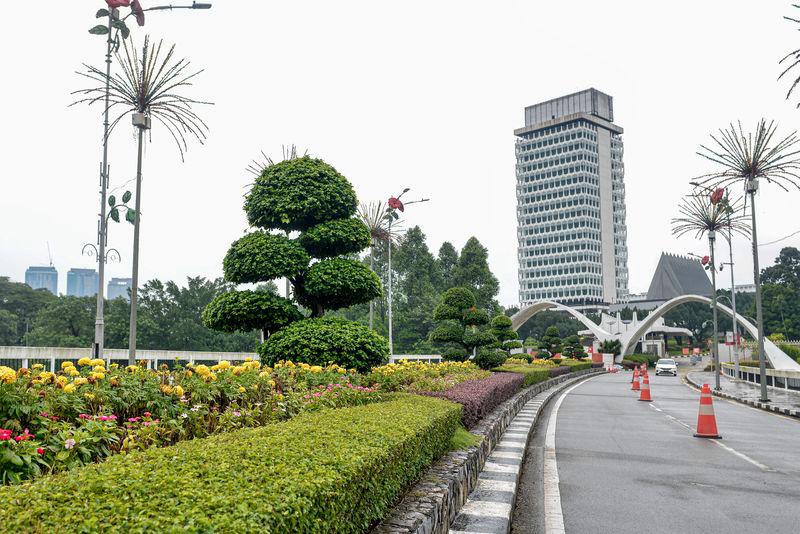IT was recently reported that the government plans to introduce a Bill on house arrest, which would be tabled in Parliament in 2025.
The proposed Bill on this issue needs to be studied closely and cautiously.
The government should not rush to introduce such legislation without careful consideration.
While there are potential benefits, there are also concerns surrounding the implementation of house arrest in the country.
One possible advantage of house arrest is that it could alleviate the issue of overcrowded prisons.
ALSO READ: House arrest bill to be tabled in Parliament next year - Saiffuddin
However, it also raises concerns about possible misuse, particularly if house arrest is granted primarily to select groups such as VIPs or political figures, leading to perceptions of injustice and unfairness.
This concern is shared by many who are wary of the government’s decision to introduce such a Bill.
The government must provide clarity on its intentions for this Bill before it is presented in Parliament.
The public has the right to understand the details of the proposed Bill and to express their opinions and criticisms.
House arrest is already practised in numerous jurisdictions.
ALSO READ: House arrest bill not linked to Najib - Fahmi
While some of these countries continue to enforce it others have discontinued it.
Typically, house arrest involves travel restrictions, confining the individual to a designated location for a specified duration.
It can serve as an alternative to imprisonment, either while awaiting trial or following sentencing.
Although house arrest can be appropriate for certain cases where prison is deemed excessive, it is also used in some authoritarian countries to suppress political dissent.
In such cases, the confined individual may have restricted or monitored communication with the outside world.
ALSO READ: 20,000 offenders qualify for consideration under house arrest bill - Saifuddin
In some regions, technology supports house arrest enforcement, often using electronic ankle monitors that transmit radio frequency signals to a base station connected to police authorities or monitoring services.
This technological approach can ease the enforcement burden on officers and reduce costs for the public.
As previouslly noted, house arrest is not a novel concept as many countries worldwide incorporate it into their legal frameworks.
In the US, many individuals, including prominent figures and politicians, have been granted house arrest or similar forms of confinement.
Aung San Suu Kyi, the Nobel Peace Prize laureate and leader of Myanmar’s pro-democracy movement, was placed under house arrest for most of the period from July 1989 to November 2010.
ALSO READ: Pope asks for liberation of Myanmar’s detained ex-leader Suu Kyi
The Malaysian government’s proposal to introduce house arrest warrants thorough and cautious examination.
To prevent public misperception and ensure justice, it is crucial to withhold house arrest for individuals convicted of severe crimes, such as murder, terrorism, sexual offences, bribery, abuse of power, money laundering and breach of trust.
Additionally, VIPs and political figures should not receive preferential treatment under this scheme, as this could send an unfavourable message to the public.
Their concerns should be addressed comprehensively in the process of introducing this plan.
Existing laws, such as the Prisons Act and the Criminal Procedure Code, may need to be reviewed and amended to facilitate the proposed changes effectively.
Muzaffar Syah Mallow is a Faculty of Syariah & Laws associate professor at Universiti Sains Islam Malaysia.
Comments: letters@thesundaily.com









